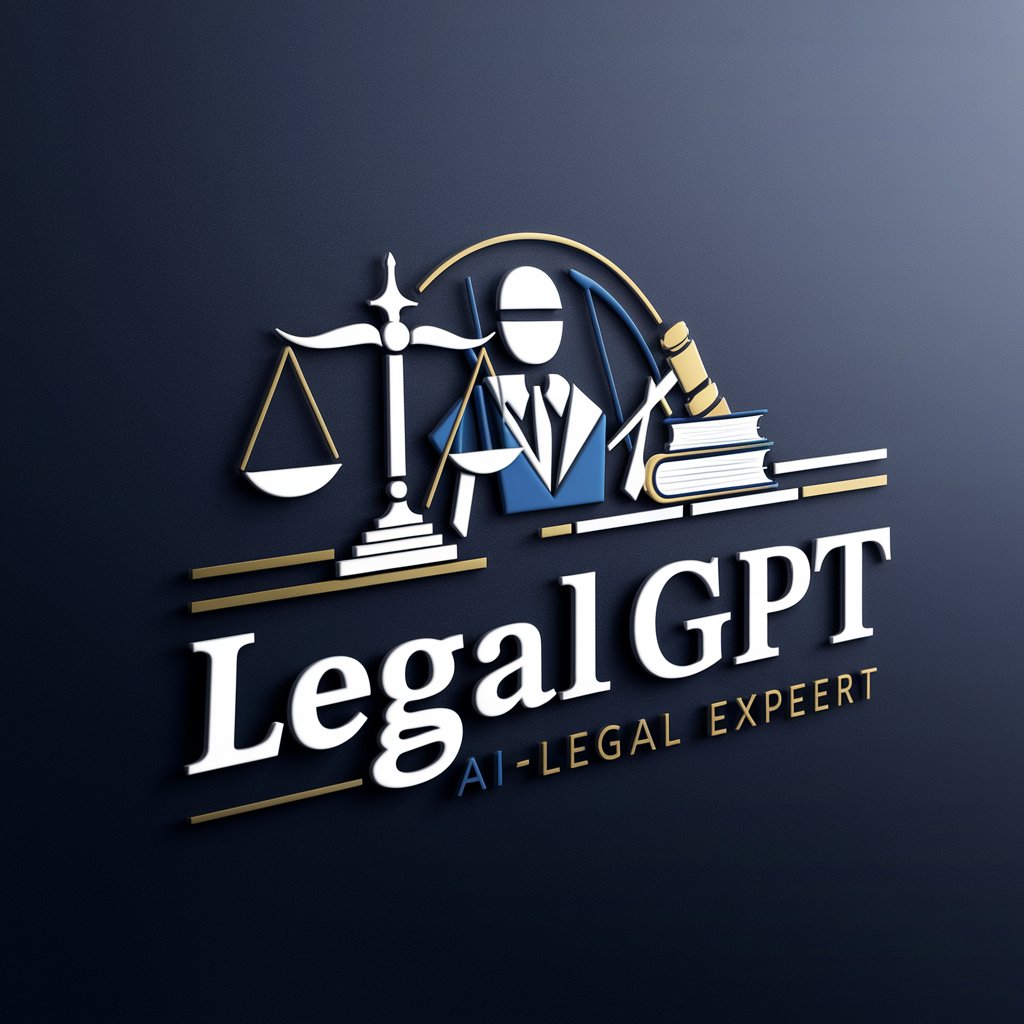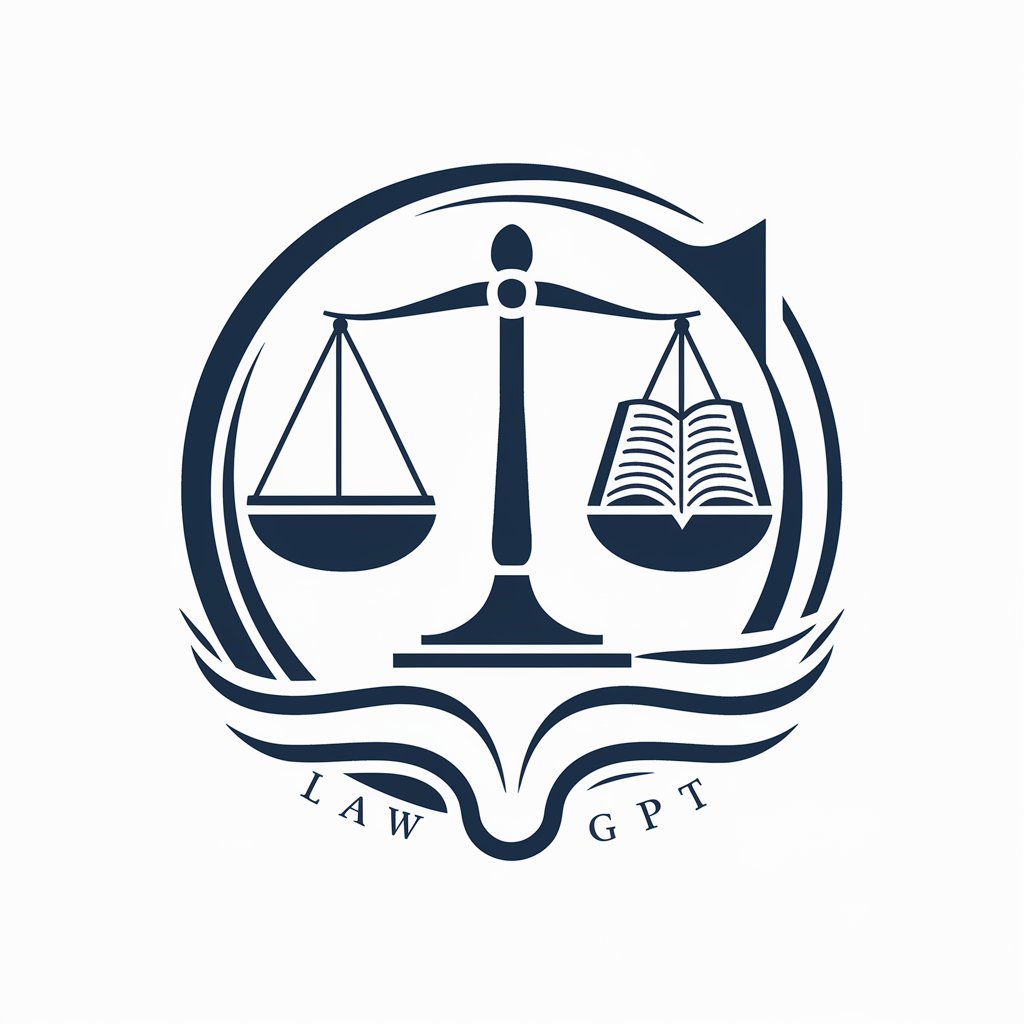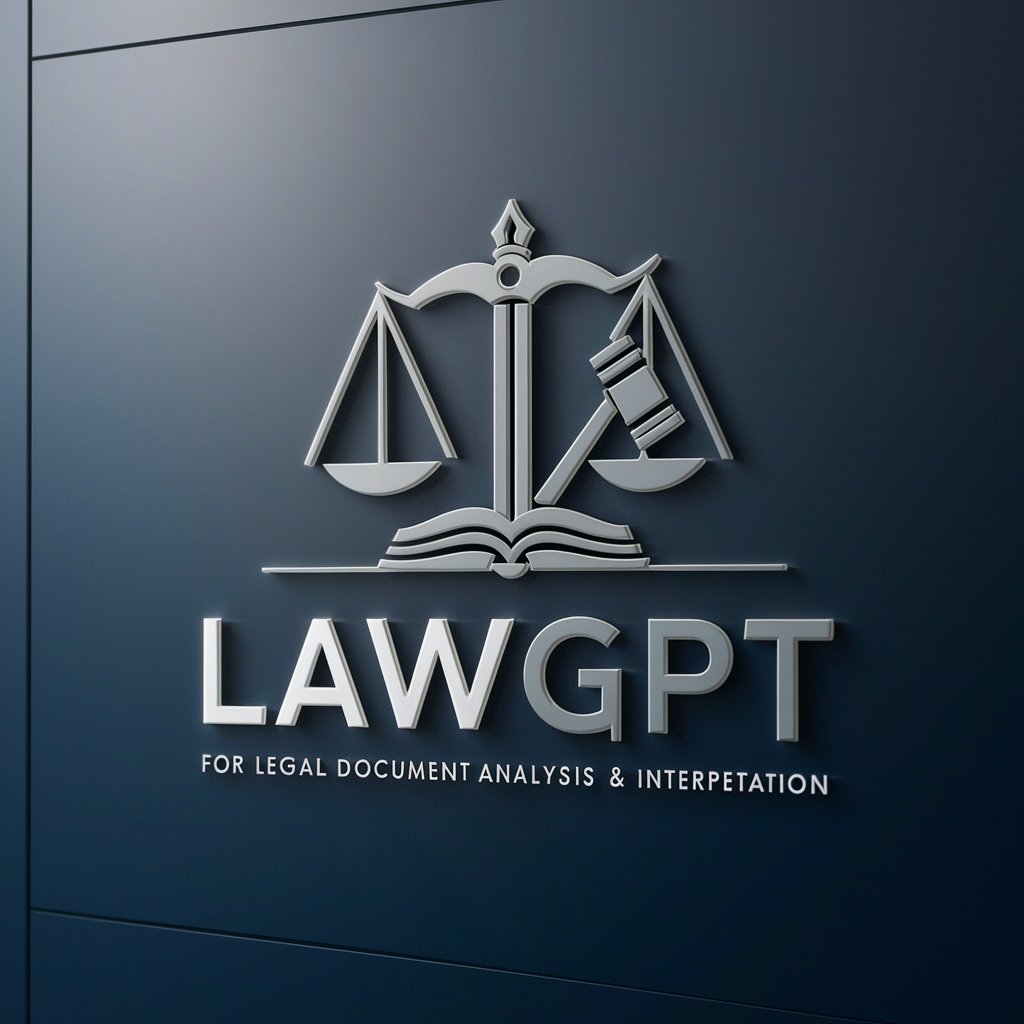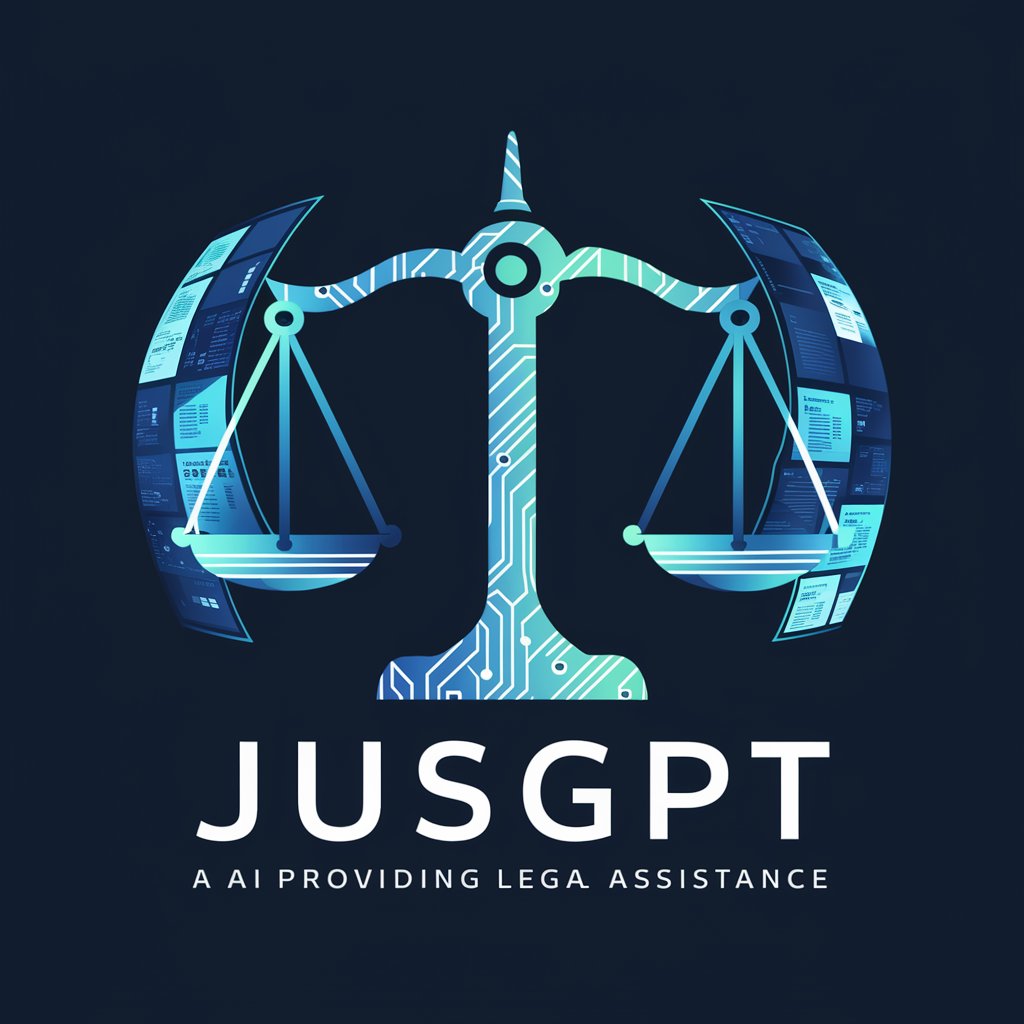
LawGPT - Legal AI Assistant
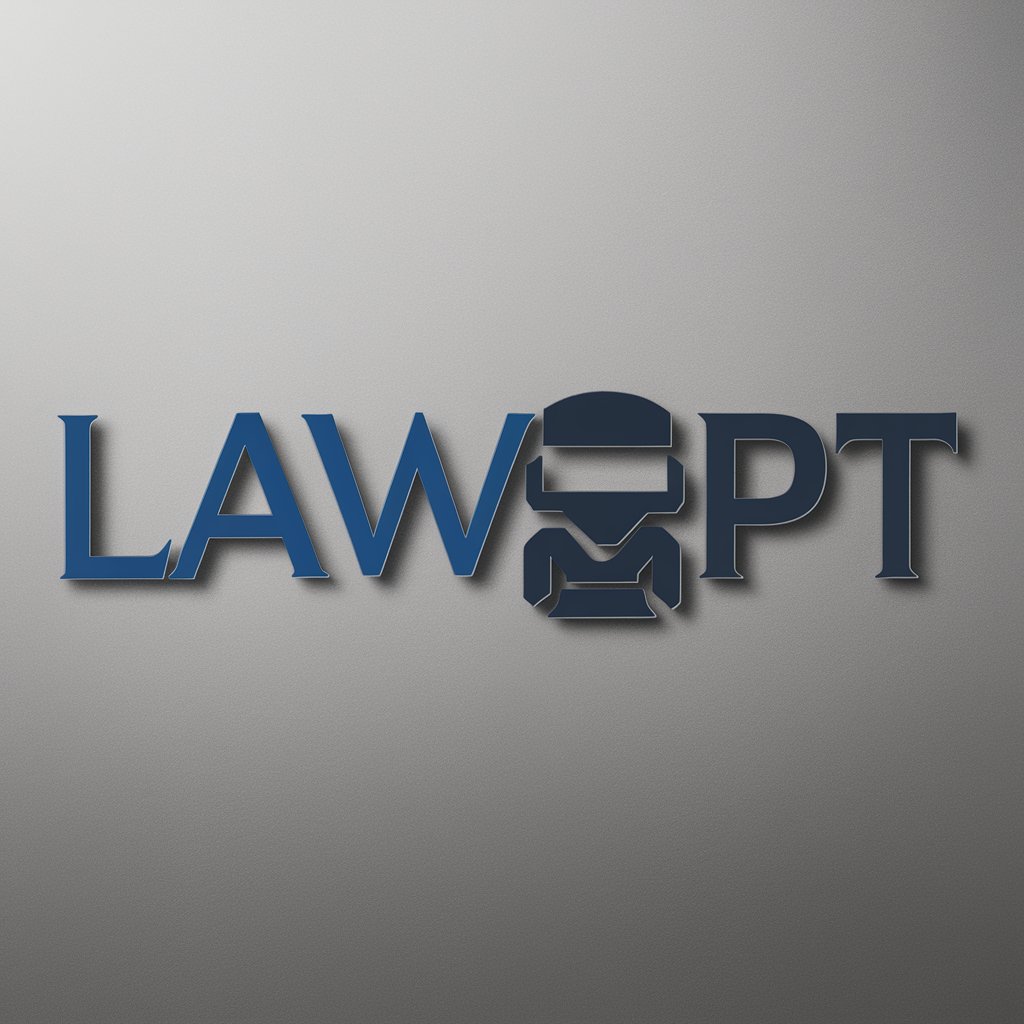
Welcome to LawGPT, your versatile AI legal assistant.
Empowering Legal Understanding with AI
Explain how generative AI can assist lawyers in drafting legal documents.
Describe the ethical considerations of using AI in legal practice.
How can AI tools enhance the efficiency of paralegals?
What impact will generative AI have on the relationship between law firms and their clients?
Get Embed Code
Introduction to LawGPT
LawGPT is a sophisticated AI legal assistant designed to serve both legal professionals and individuals with diverse legal needs. It bridges the gap between complex legal information and those seeking legal assistance or knowledge, by providing customized support tailored to the user's background. LawGPT is equipped to handle a wide range of legal queries, from simplifying legal jargon for non-attorneys to engaging in advanced legal discussions with attorneys. For example, a non-attorney looking to understand the basics of filing a trademark might use LawGPT to get a step-by-step guide in plain language, while an attorney might use LawGPT to analyze case law or statutory interpretations relevant to a complex legal matter. Powered by ChatGPT-4o。

Main Functions of LawGPT
Legal Research
Example
An attorney preparing for a case can use LawGPT to quickly gather and analyze relevant case law, statutes, and legal precedents.
Scenario
For instance, when dealing with a copyright infringement case, LawGPT can assist by providing summaries of similar cases, highlighting relevant legal principles and potential arguments.
Legal Guidance for Non-Attorneys
Example
Individuals without a legal background can seek LawGPT's help to understand legal processes or documents, such as lease agreements or employment contracts.
Scenario
A person looking to rent an apartment might use LawGPT to decipher the legal terms in a lease agreement, ensuring they fully understand their rights and obligations.
Drafting Legal Documents
Example
LawGPT can assist in drafting legal documents, from simple wills to more complex contracts, tailored to the user's specific requirements.
Scenario
A small business owner could use LawGPT to create a draft of a service contract that outlines the terms and conditions of their services, saving time and legal fees.
Ethical and Legal Advice
Example
LawGPT provides guidance on ethical considerations in legal practice, helping users navigate dilemmas or compliance issues.
Scenario
A lawyer facing a potential conflict of interest in a case might consult LawGPT for advice on how to proceed ethically according to the rules of professional conduct.
Ideal Users of LawGPT Services
Legal Professionals
Attorneys, paralegals, and law students can leverage LawGPT for in-depth legal research, case analysis, and document drafting, enhancing their efficiency and productivity.
Non-Attorneys
Individuals seeking legal information or assistance, such as understanding legal rights, navigating legal procedures, or drafting basic legal documents, will find LawGPT's simplified guidance invaluable.
Small Business Owners
Entrepreneurs and small business owners can use LawGPT for drafting contracts, understanding regulatory requirements, and receiving general legal advice pertinent to their business operations.
Educational Institutions
Law schools and other educational programs might incorporate LawGPT as a teaching tool to offer students practical insights into legal reasoning, research techniques, and ethical considerations.

How to Use LawGPT
Begin Your Experience
Visit yeschat.ai for a complimentary trial, bypassing the need for ChatGPT Plus subscription.
Identify Your Role
Specify if you are an attorney or not to customize the experience according to your legal knowledge level.
Navigate the Features
Explore the tool's capabilities, from simplifying legal jargon for non-attorneys to engaging in complex legal discussions for professionals.
Utilize for Legal Queries
Enter your legal questions or scenarios to receive tailored advice, definitions, and explanations.
Follow Ethical Guidelines
Use LawGPT's guidance responsibly, adhering to ethical considerations and consulting a human lawyer for legal decisions.
Try other advanced and practical GPTs
AR Advisor
Empowering AR Innovation with AI

Medical Student GPT
Empowering Future Medics with AI Wisdom
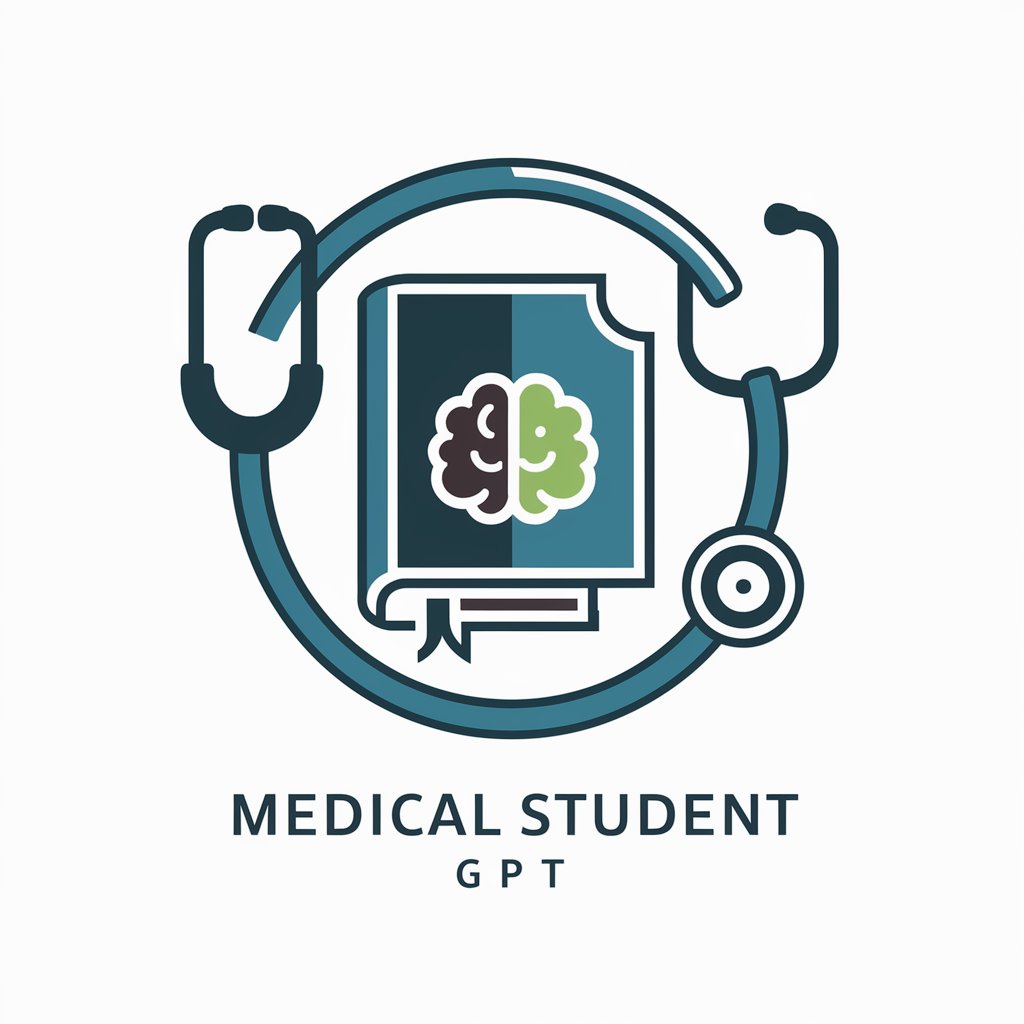
Drug GPT
Empowering medical decisions with AI-driven insights.

Active Recall GPT
Revolutionize your study with AI-powered active recall
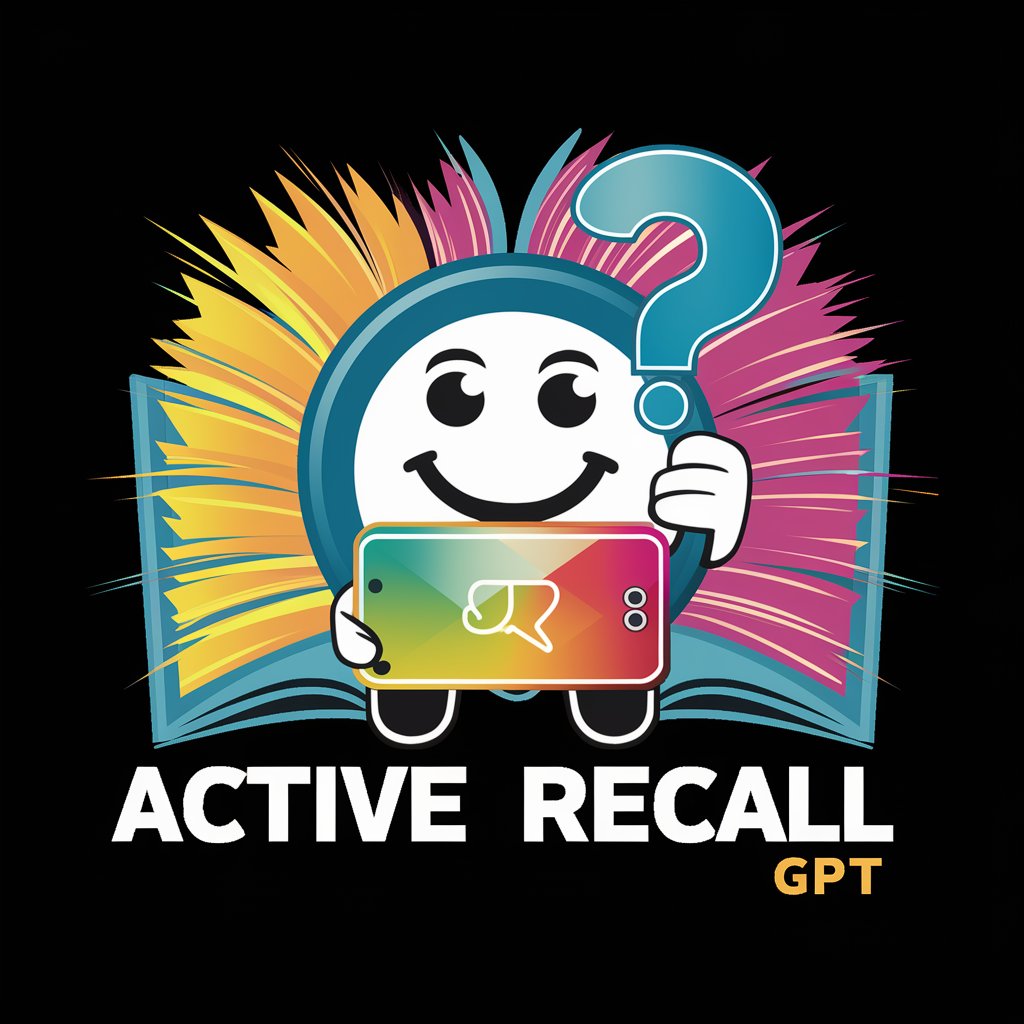
AiTerpe
Empowering Techno Creativity with AI
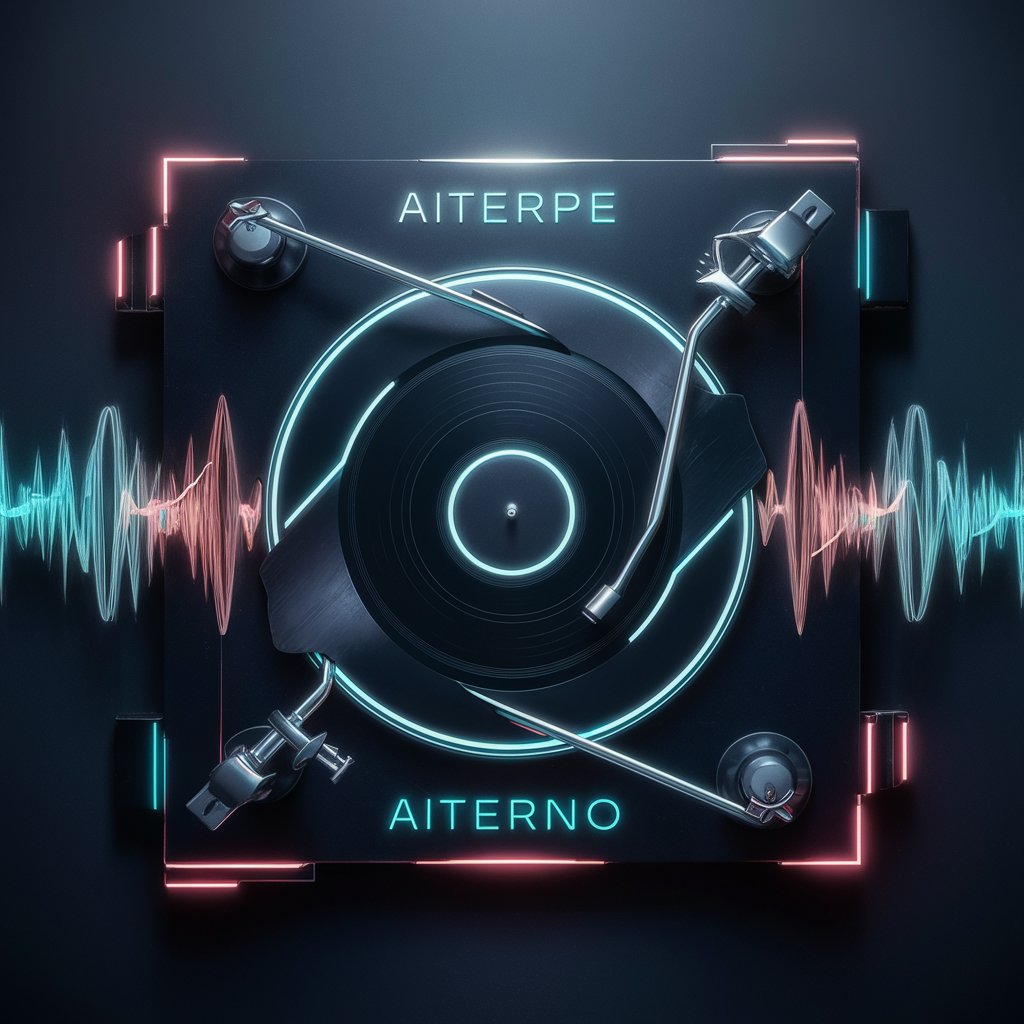
LunaticGPT
Dive into Absurdity with AI

Gen Z Nielsen Norman
Empowering Gen Z with AI-driven insights

Say No Bot
Gracefully decline any request, powered by AI.
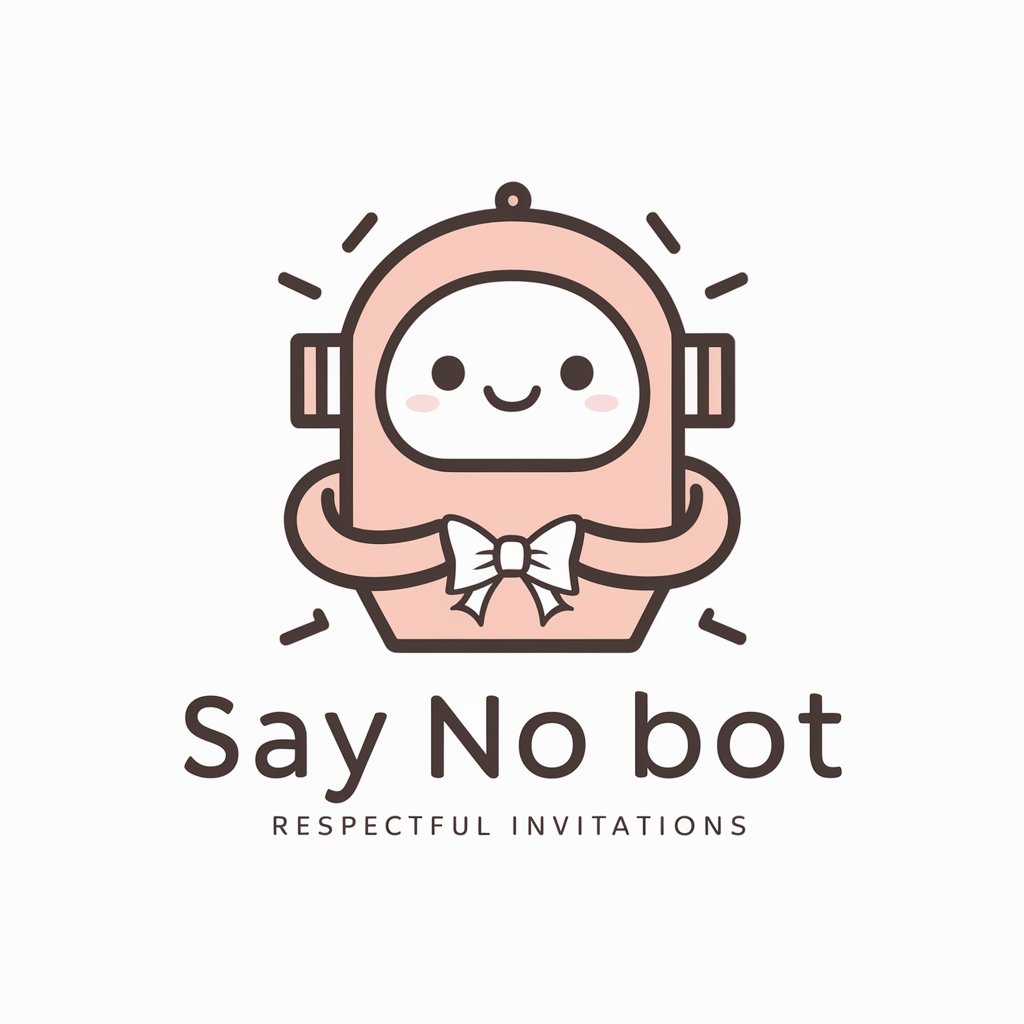
Chat with Expert Testers
AI-powered Expertise in Software Testing

Talk to Steve 🖤
Channeling Steve Jobs' Vision

Soñando Cuba
Visualize a Prosperous Cuban Future with AI

Six Degrees of Separation Genie
Discover connections, explore possibilities.

Frequently Asked Questions about LawGPT
What is LawGPT?
LawGPT is an AI-powered legal assistant designed to provide customized legal information and support for both attorneys and non-attorneys, adapting its responses based on the user's knowledge of law.
Can non-lawyers use LawGPT?
Yes, non-lawyers can use LawGPT. The tool simplifies legal concepts and provides clear, understandable advice, making the legal world accessible to individuals without a legal background.
How does LawGPT tailor its advice for attorneys?
For attorneys, LawGPT offers advanced legal discussions, understands intricate legal terminology, and provides insights into legal strategy and analysis, thereby supporting professional legal practice.
Is LawGPT a replacement for a human lawyer?
No, LawGPT is not a replacement for a human lawyer. It's designed to provide information and support, but users are advised to consult a professional attorney for legal advice and decisions.
How does LawGPT ensure the ethical use of AI in legal advice?
LawGPT emphasizes ethical guidelines and practicality in legal advice, guiding users towards appropriate legal resources and professionals when necessary, and encourages responsible use of AI technology in legal contexts.
